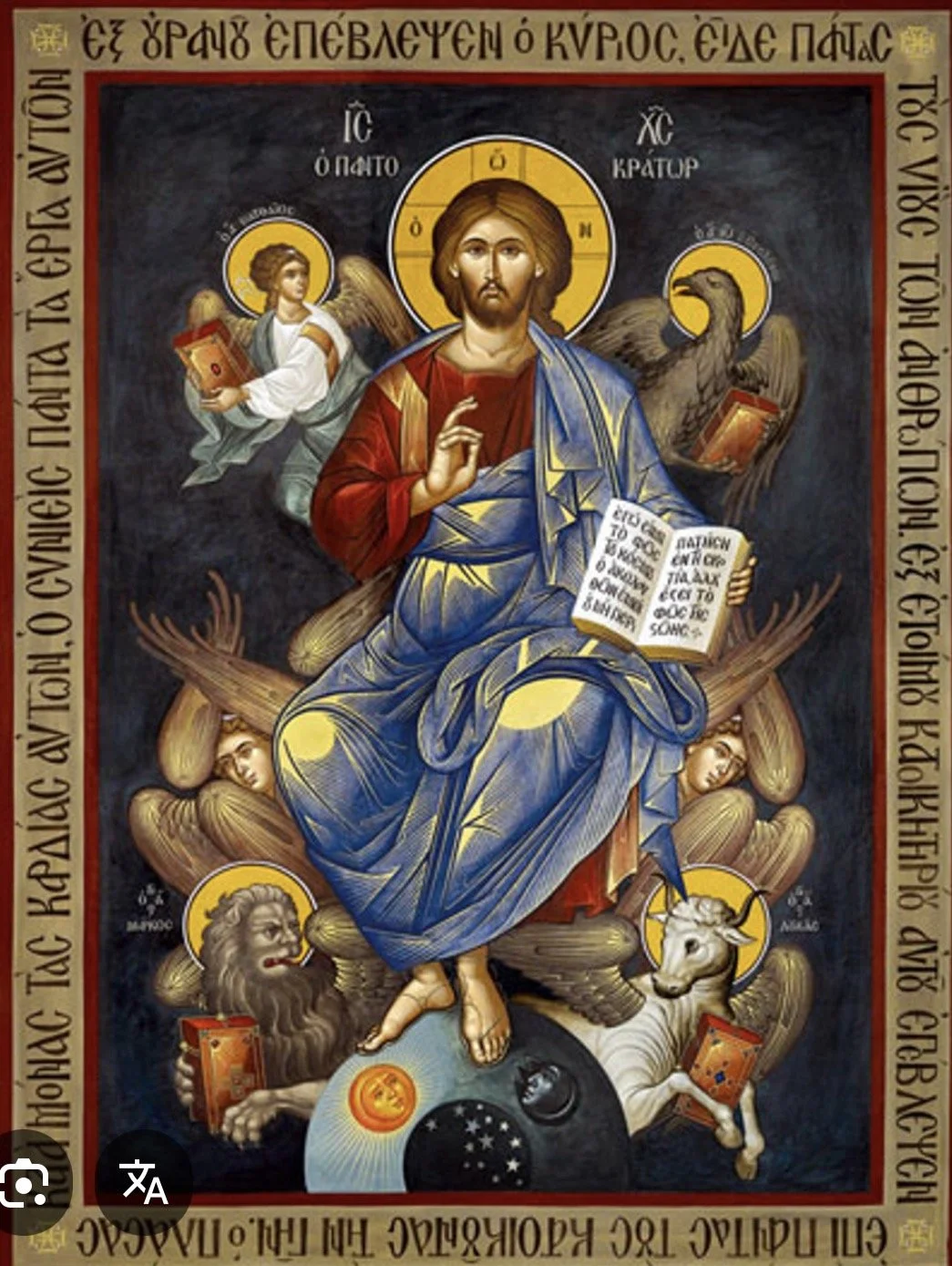In recent weeks, we've witnessed crowds gathering in cities across our nation, holding signs declaring "No Kings!" The movement represents a deep-seated American instinct—our suspicion of absolute power, our fierce protection of democracy, our insistence that no one should rule over us unchecked.
And then we come here today, to this sacred space, and the Church asks us to celebrate a feast with a rather audacious title: Christ the King.
The irony is not lost on us. Because the kingship we celebrate today turns everything upside down—or perhaps, right-side up.
Look at our Gospel reading from Luke. We find Jesus crowned with thorns, enthroned on a cross. The placard above his head reads "King of the Jews," written in mockery, not majesty. One criminal hurls insults: "Are you not the Christ? Save yourself and us!" But the other sees something different. Through the agony, he recognizes royalty: "Jesus, remember me when you come into your kingdom."
And Jesus promises him paradise.
This is the great scandal and gift of our faith: God's power looks nothing like the power we fear or seek. The demonstrators shouting "No Kings!" are right to reject kingship that dominates and coerces. That's tyranny, not true kingship.
But Christ's kingship is written in service, not supremacy. In sacrifice, not self-interest. In love, not law alone. The King who rules the universe allowed himself to be ruled over by Pilate. The King who holds all things together allowed himself to be torn apart.
So what does it mean to acknowledge Christ as King? It means recognizing that the one with ultimate authority over our lives is the one who washed his disciples' feet, who ate with sinners, who forgave his executioners, who promised paradise to a dying criminal.
It means orienting our lives around mercy over judgment, service over status, love over power.
And it means holy rebellion against every counterfeit kingship: the tyranny of consumerism, the dictatorship of success, the oppression of prejudice, the brutality of indifference.
The good thief got it right. Hanging beside Jesus, he saw his King. And in that recognition, paradise opened before him.
Can we recognize our King in unexpected places? In the suffering, the marginalized, in the cross we'd rather not see, the love we'd rather not risk?
Christ the King doesn't ask us to bow before earthly power. He invites us to stand with him in service to God's kingdom, where the last are first, where the thief becomes paradise's first citizen, where death becomes life's doorway.
So yes, let us say "No Kings!"—to every power that crushes the human spirit.
And let us say with full hearts, "Long live Christ the King!"—the only King whose reign sets us free.
